Outdoor Adventure & Recreation
The recreation program offered at Discovery Ranch is centered around the use of adventure. We see adventure recreation (climbing, canyoneering, hiking, skiing...etc) as a means to further augment the therapeutic process as well as provide exciting opportunities for connection. We accomplish this through various experiential activities both on and off campus through our two recreation phases, Foundations and Advanced Recreation. We firmly believe and have been witness to the significant impact that adventure has on our clients' confidence, ability to manage stress, problem-solving, and overall life satisfaction.

Therapeutic Benefits of Adventure
Adventure activities have the potential to be a transformative experience for teenage girls and adolescents assigned female at birth, helping them to develop important life skills and gain a deeper understanding of themselves. There are a number of underlying principles that make adventure so beneficial for teens. These include:
Mastery Experiences Drive Self-Efficacy
Self-efficacy refers to an individual's belief in their ability to successfully accomplish tasks and achieve goals. It is a key component of motivation and plays an important role in determining the level of effort, persistence, and resilience an individual will put forth in pursuing their goals. In essence, self-efficacy is the belief that one has the capability to effectively manage and cope with the challenges and demands of life. Self-efficacy is influenced by a range of factors, including past experiences of success and failure, the level of support and feedback received from others, and one's own emotional and physiological states.
Mastery experiences are one of the sources of self-efficacy beliefs. Mastery experiences involve successfully completing a task or overcoming a challenge, which can lead to a sense of accomplishment and confidence in one's abilities.
When teenagers have overwhelming mastery experiences, they can use them as evidence to support their belief in their own competence. For example, if a teen successfully climbs a challenging rock wall, they are likely to view themselves as capable of achieving success in similar tasks in the future. This can lead to an increase in self-efficacy beliefs, which can have a positive impact on their future performance.
Additionally, mastery experiences can help teenagers to build resilience and develop coping strategies. When teens face and overcome challenges, they learn that they can persevere through difficult situations, and this can help to build their confidence and self-efficacy beliefs. Over time, teens can use their mastery experiences as a foundation for developing a strong sense of self-efficacy, which can help them to take on new challenges and achieve their goals.
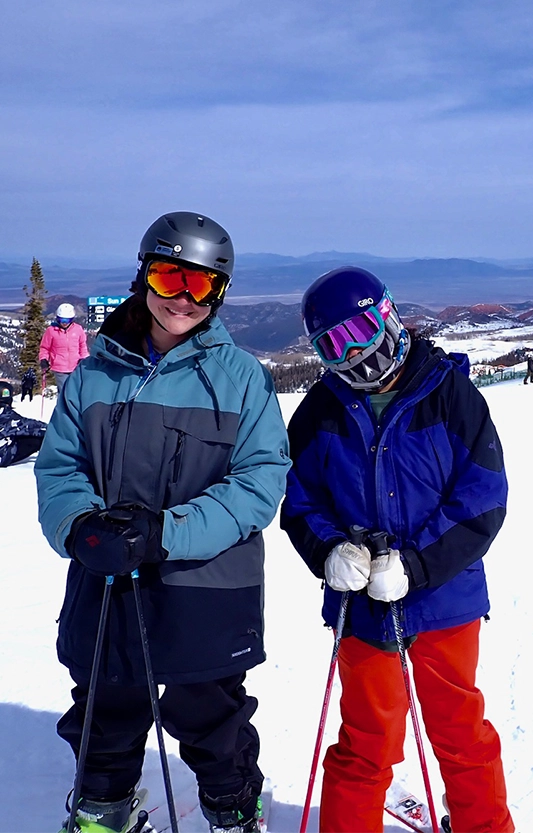
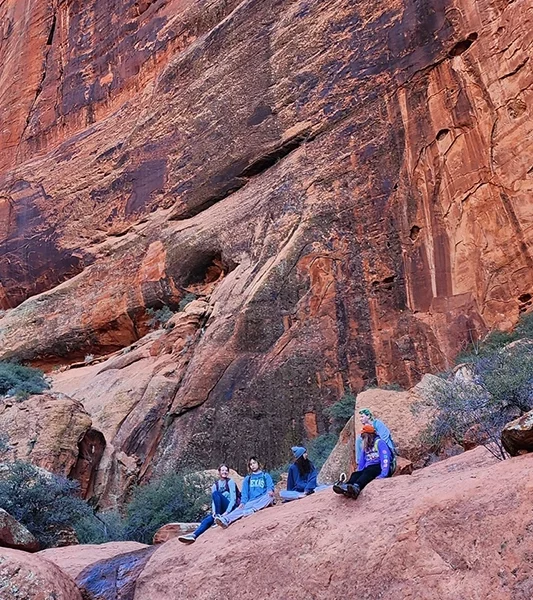
Peak Experiences
Abraham Maslow posited that peak experiences have a significant impact on reaching self-actualization, the pinnacle of his hierarchy of human needs. Peak experiences lead to an increase in personal awareness and understanding and can serve as a turning point in a person’s life.
Peak experiences are moments that stand out from everyday experiences and are often described as transcendent moments of pure joy and elation. “Peak experiences involve a heightened sense of wonder, awe, or ecstasy over an experience.” “…a highly valued experience which is characterized by such intensity of perception, depth of feeling, or sense of profound significance as to cause it to stand out, in the subject’s mind”
Research has found that peak experiences often include some form of discomfort, challenge, risk, physical exertion, flow, and natural beauty in a social group. For teens struggling with mental, emotional, or behavioral challenges, adventure activities can be a powerful way to have peak experiences and gain a renewed sense of purpose and direction.
Flow
The concept of "flow" as described by psychologist Mihaly Csikszentmihalyi, is “a state in which people are so involved in an activity that nothing else seems to matter; the experience is so enjoyable that people will continue to do it even at great cost, for the sheer sake of doing it.” While someone is in this state of flow, “There’s this focus that, once it becomes intense, leads to a sense of ecstasy, a sense of clarity: you know exactly what you want to do from one moment to the other; you get immediate feedback,” Csikszentmihalyi said in a 2004 Ted Talk. When people experience a flow state, they are happier and more satisfied with life.
According to a BBC report, “flow is associated with subjective well-being, satisfaction with life and general happiness.” By incorporating adventure activities that promote flow, we can help your teen find a sense of purpose and fulfillment that can translate into other areas of their life. By helping them find these moments of flow, we can help them develop a more positive sense of self and a deeper understanding of their own strengths and abilities.
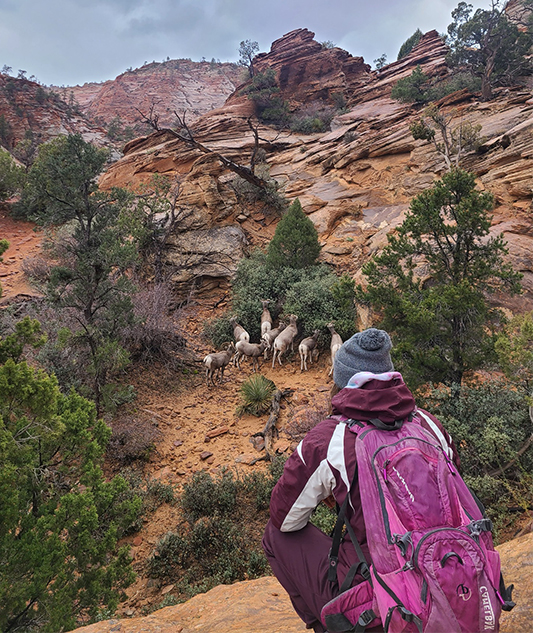
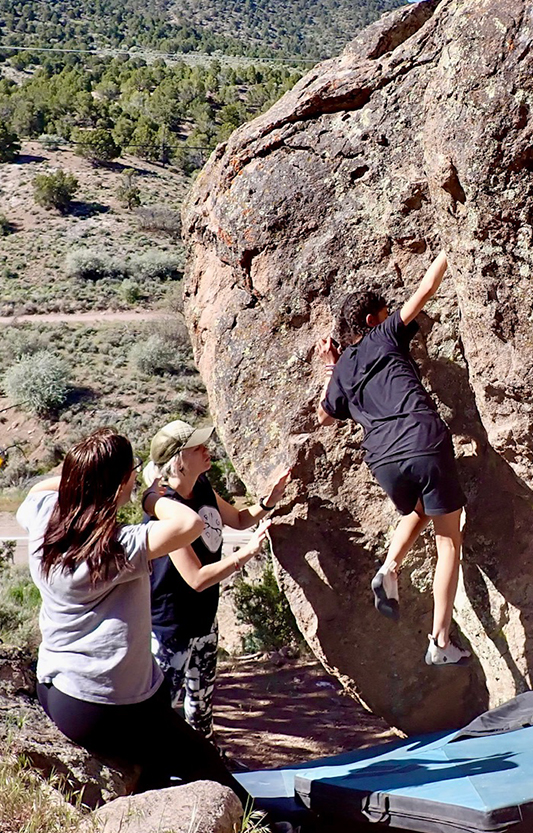
Identity Development
Adventure activities can facilitate identity development in teenagers, as they provide opportunities for teens to explore different identities and roles and engage in activities that may be outside of their comfort zone or usual interests.
Adventure activities can provide a safe and supportive environment for teens to explore different aspects of themselves and their capabilities. For example, rock climbing can challenge a teen's physical abilities, while also requiring problem-solving skills and communication with others. Through these activities, teens can gain a better understanding of their strengths and weaknesses and develop a stronger sense of self-efficacy and self-esteem.
A teen who has always been shy and reserved may discover a new sense of confidence and assertiveness through participating in a challenging outdoor adventure. This experience may encourage them to explore new interests and roles, and ultimately contribute to their identity formation.
Overall, adventure activities can facilitate identity development in teenagers by providing opportunities for exploration, self-discovery, and the development of self-efficacy and self-esteem. By engaging in these activities, teens can develop a better understanding of themselves and their capabilities, and ultimately make informed decisions about their identity and future goals.
Grit
Adventure activities have been found to encourage grit, which is the perseverance and passion for long-term goals, as well as the ability to overcome obstacles and setbacks. Grit is important for success in many areas of life, including academic achievement, career success, and personal fulfillment.
Angela Duckworth's research on grit has shown that individuals who possess this quality are more likely to achieve their long-term goals, even in the face of setbacks and challenges. Adventure activities can provide an opportunity for individuals to develop grit, as they face difficult tasks and obstacles that require them to persevere and maintain their focus and motivation.
For example, a participant in adventure activities may face unexpected challenges and setbacks, such as inclement weather or limited resources. However, by persevering through these challenges and working together with their group, teens can develop resilience and grit that can be applied to other areas of their life.
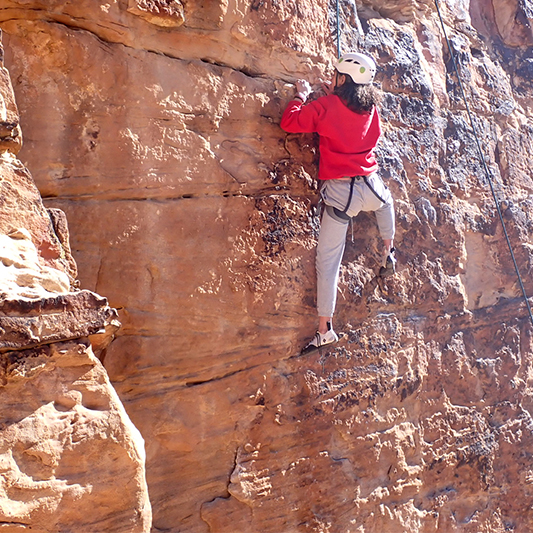
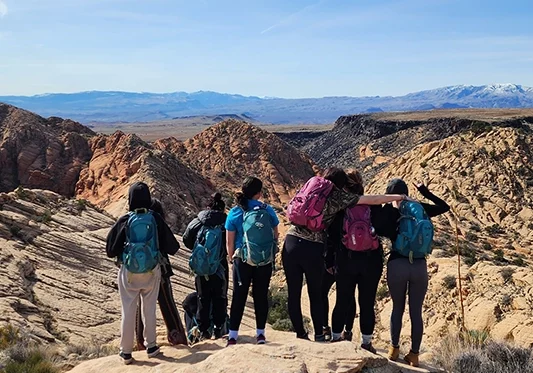
Growth Mindset
Carol Dweck's research on growth mindset has shown that individuals who view challenges as opportunities for growth and learning, rather than setbacks, are more likely to persevere through difficult tasks and achieve success. Adventure activities provide an opportunity for individuals to develop a growth mindset, as they face challenges and obstacles that require them to persist and learn from their experiences.
For example, a participant who struggles with a challenging rock climb may be more likely to view the experience as an opportunity to learn and grow, rather than a failure. This growth mindset can help them to stay motivated and persist in the face of challenges, ultimately leading to greater success and achievement.
Outdoor Adventure and Recreation: Experiencing The Therapeutic Benefits a Podcast For Parents
As you consider experiential therapy options for your teenager, outdoor adventure and recreation plays an important role in the treatment process. It can have a significant impact on a student’s confidence, ability to manage stress, problem-solving, and overall life satisfaction.
In this episode, therapist Tiffany Silva Herlin, LCSW, and David Mosse, Recreation Director at Discovery Ranch South, discuss:
- What role does adventure and recreation play in therapy?
- Understanding the healing power of nature.
- Building a personal identity filled with grit and determination.
- Creating a passion-centered life through recreation.

Adventure Opportunities Near Discovery Ranch South
We are located near some of the top natural wonders of the world including Zions National Park, Cedar Breaks National Monument, and Brian Head Ski Resort.
Zion National Park
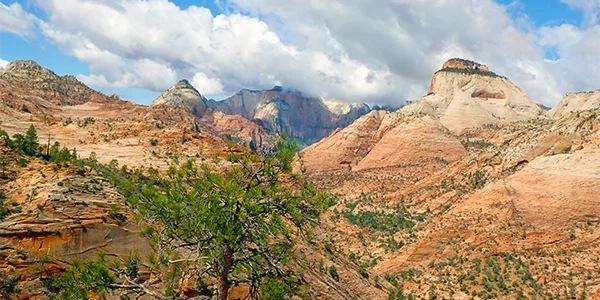
Teens at Discovery Ranch South will discover the breathtaking beauty and exhilarating adventure of Zion National Park while receiving top-notch residential treatment. Located in the heart of Utah's southwestern corner, Zion is a world-renowned destination offering a range of activities, including hiking, camping, backpacking, and climbing. Conveniently accessible from Salt Lake City, Las Vegas, and the Grand Canyon, Zion boasts natural wonders like the awe-inspiring Zion Canyon, with its hiking trails and swimming opportunities in the Virgin River.
The park also features stunning natural rock arches, including the Crawford and Kolob, towering above the canyon floor. Your teen will have the opportunity to explore these incredible features while also benefiting from the support and guidance of our experienced team of mental health professionals. We believe the combination of nature and therapy will provide a unique and transformative experience for your teen.
Brian Head Ski Resort
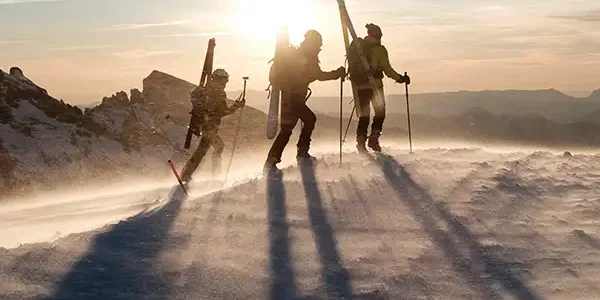
Imagine your teenager embarking on a transformative journey towards mental and emotional wellness, while also experiencing the thrill of world-class skiing at Brian Head Ski Resort. Located just 3.5 hours north of Las Vegas and 4 hours south of Salt Lake City, this premier skiing destination offers a breathtakingly beautiful location in Southern Utah.
